Punjab Sees Record Drug Arrests Amid Renewed Crackdown Post-Delhi Poll Setback
Punjab is witnessing an unprecedented surge in drug-related arrests this year, with law enforcement intensifying efforts under the “Yudh Nasheyan Virudh” (War Against Drugs) campaign. The push comes in the wake of the Aam Aadmi Party's (AAP) recent electoral defeat in Delhi, triggering a renewed political and administrative focus on the state’s persistent drug problem.
By March 31, police had arrested 5,835 individuals—averaging 64 arrests per day—breaking the previous record of 47 daily arrests (17,001 total) set in 2014. March alone accounted for 4,706 arrests, outpacing the 2023 daily average of 41 (14,951 total) and 33 in 2022 (12,255 total).
Observers note that Punjab’s drug enforcement efforts often intensify in the run-up to or aftermath of elections. In 2014, mounting public and political pressure forced the then-ruling SAD-BJP coalition to take firm action against drug trafficking, with the BJP making it a central election issue. A similar pattern followed in 2017 under the Congress government, when then Chief Minister Captain Amarinder Singh pledged to eliminate drugs within weeks of taking office. His government arrested 12,356 accused during its first year, averaging 34 arrests a day.
Despite the steep increase in arrests over the years, serious concerns persist. The Punjab Police recently informed the Punjab and Haryana High Court that of 1,846 listed absconding smugglers, only 875 have been arrested—leaving 971 still at large.
Opposition parties have criticized the current surge in arrests as superficial and politically motivated. Shiromani Akali Dal (SAD) spokesperson Dr. Daljeet Singh Cheema accused the government of targeting only small-time users to boost arrest statistics. “This is just political drama. If there was a real crackdown, hospitals would be flooded with addicts going through withdrawal—which is clearly not the case,” he said.
In response, AAP spokesperson and MP Malvinder Jit Singh Kang rejected the accusations, asserting that past governments had failed to act against the real culprits. “Unlike the Akalis and Congress, who shielded drug-linked officers by posting them to senior positions, we have taken strict action against such officials. This is only the beginning—more impactful results are on the way,” Kang said.
As the crackdown continues, the debate intensifies over whether the arrests reflect genuine progress or yet another politically driven spectacle in Punjab’s long and complex battle against drugs.


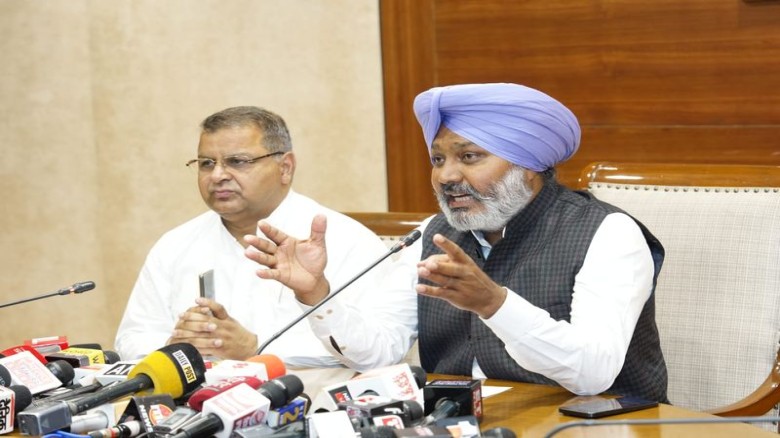
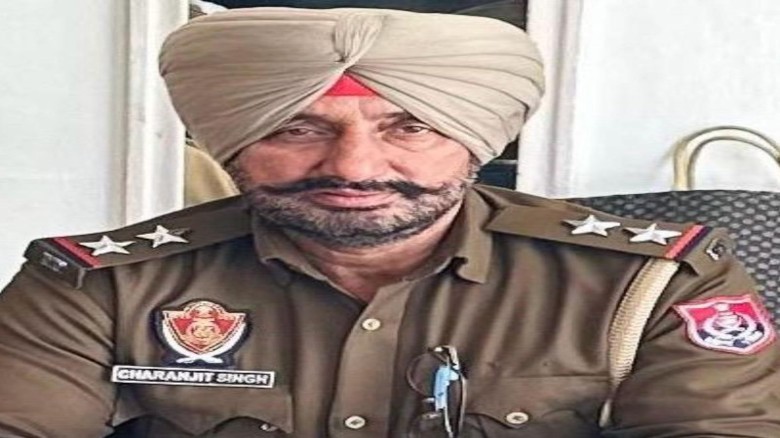
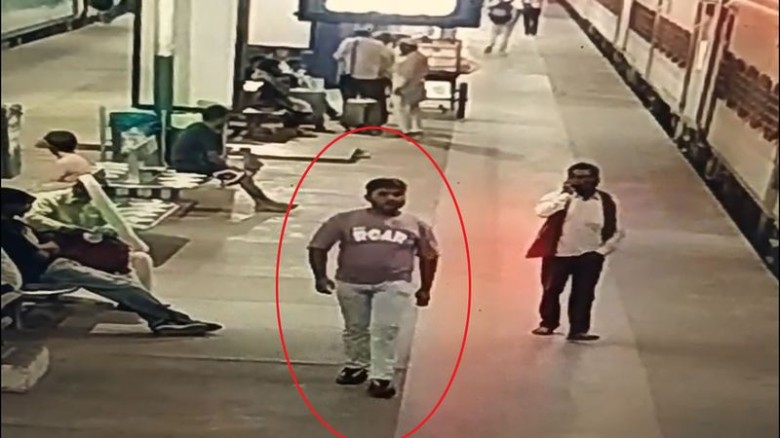

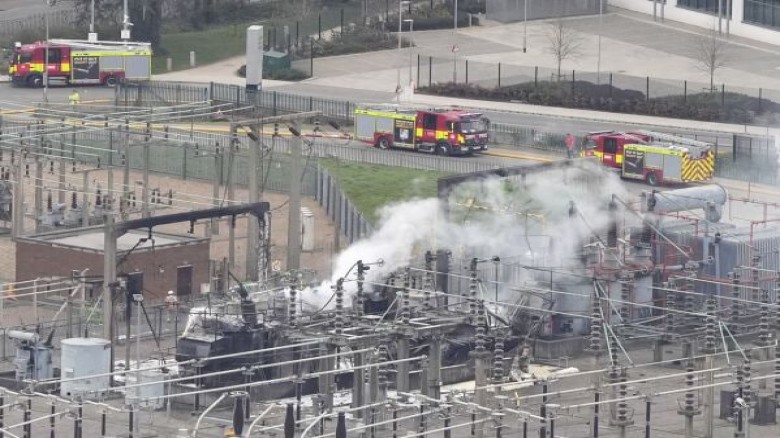


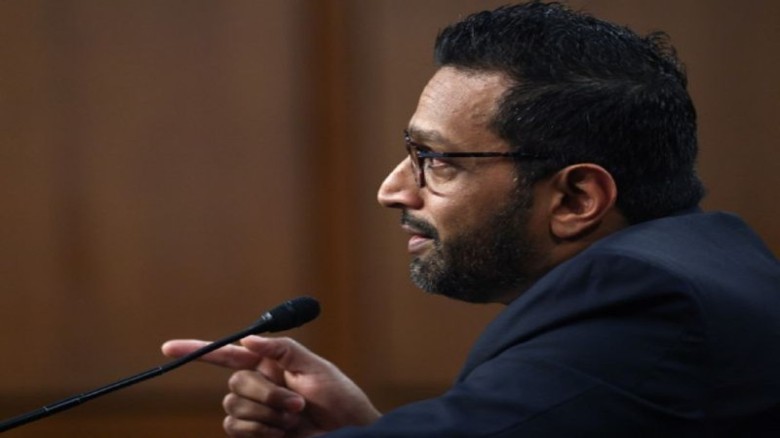
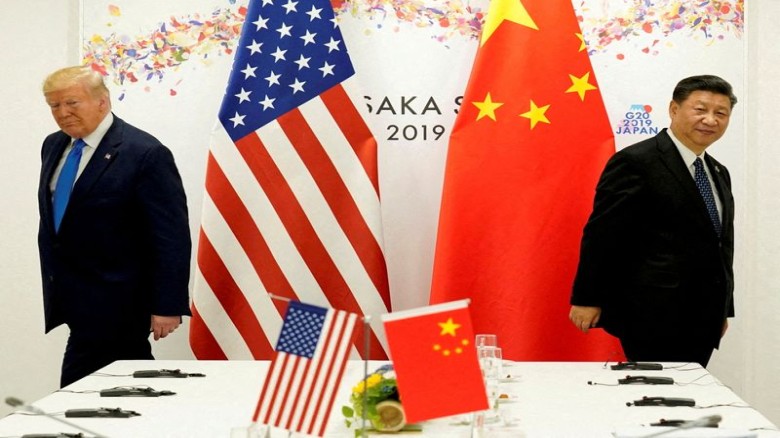

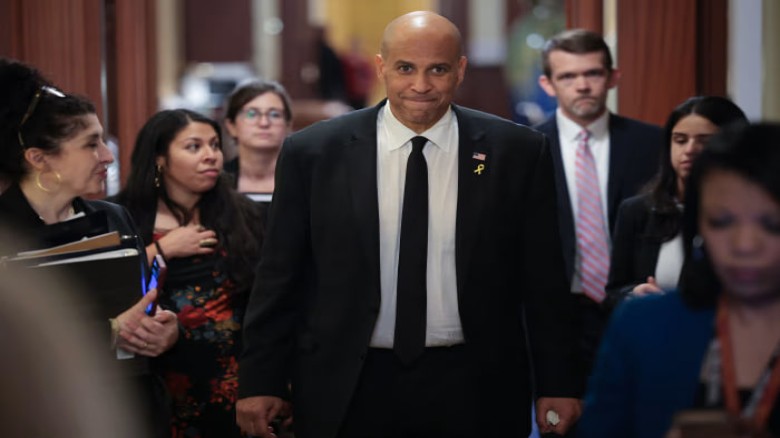

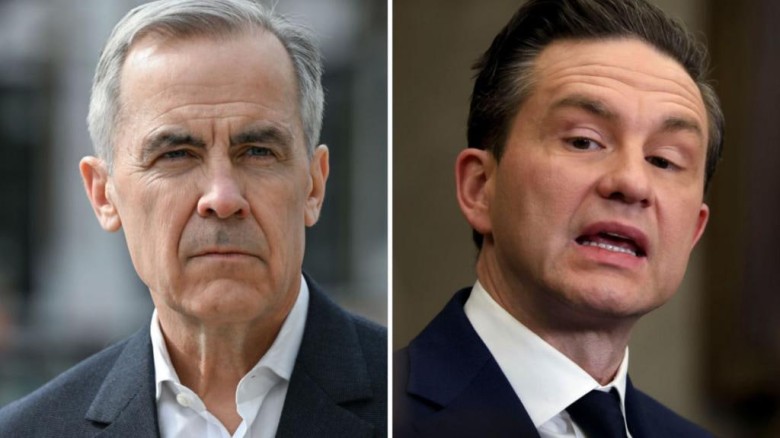
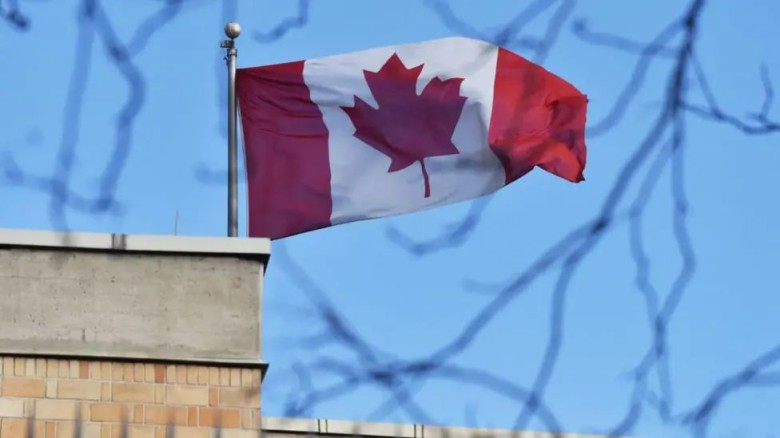
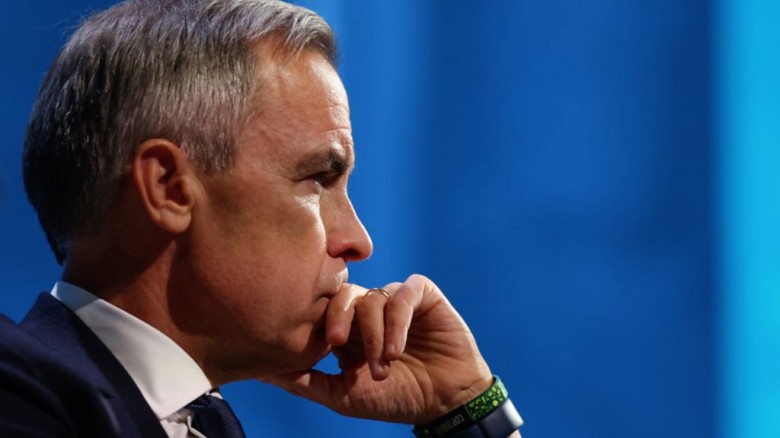
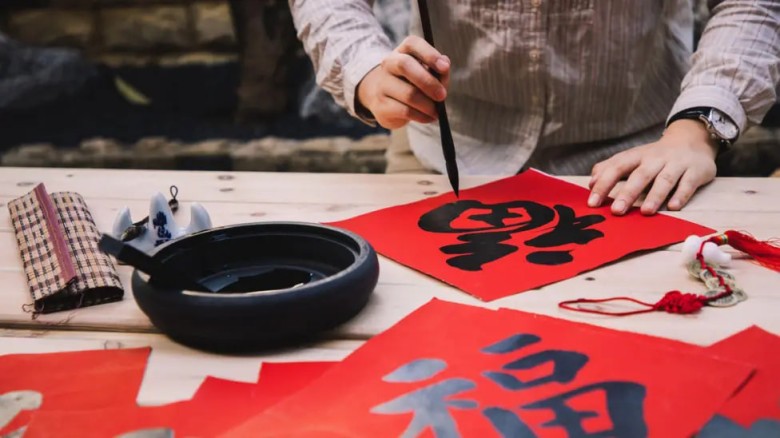
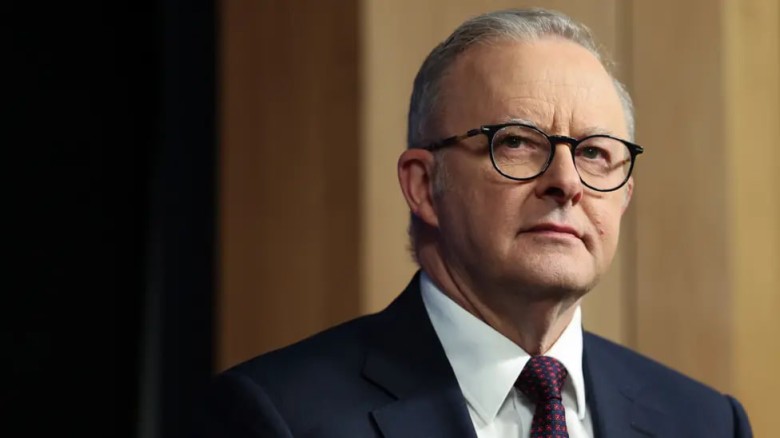


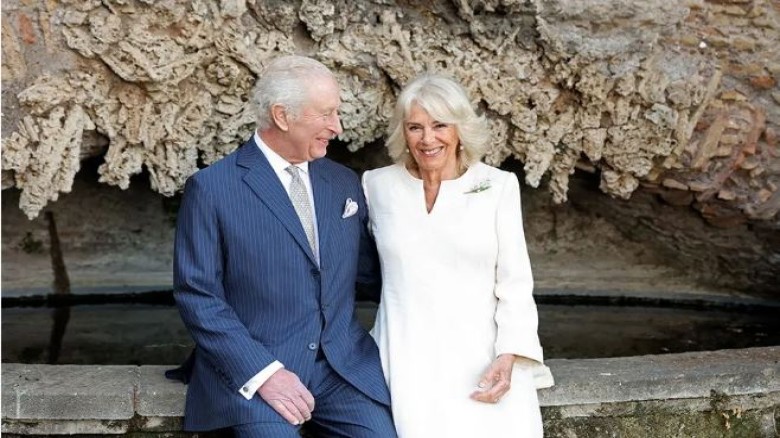

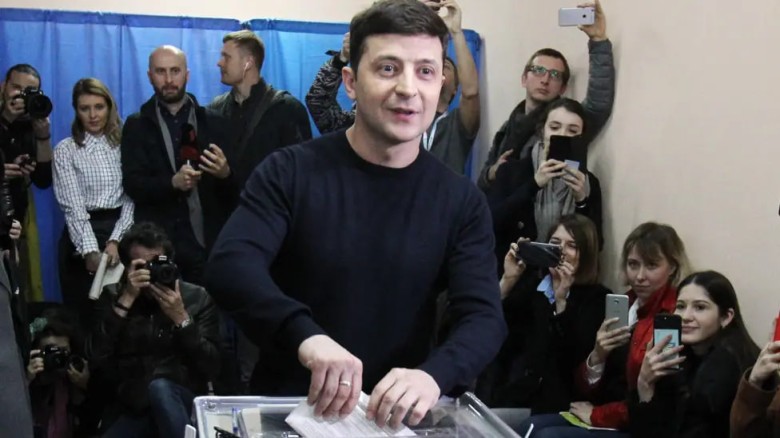
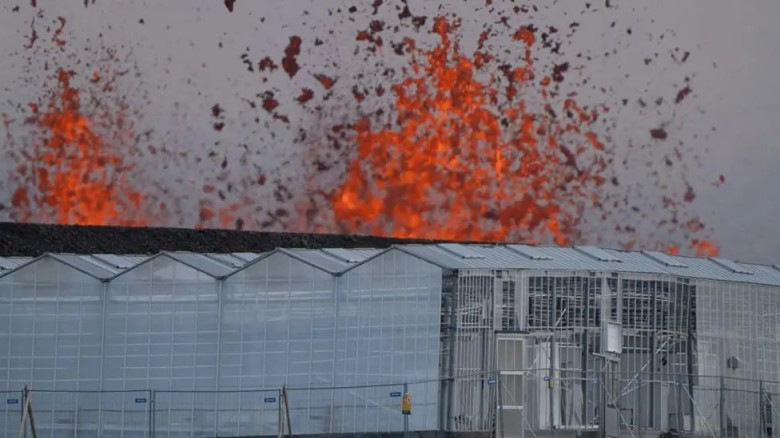
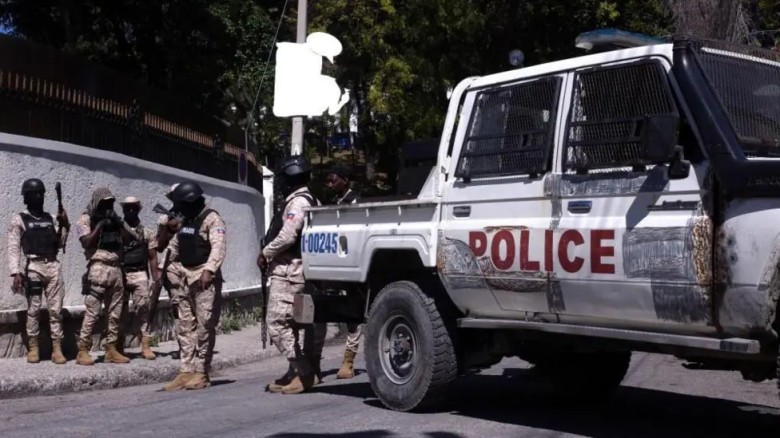
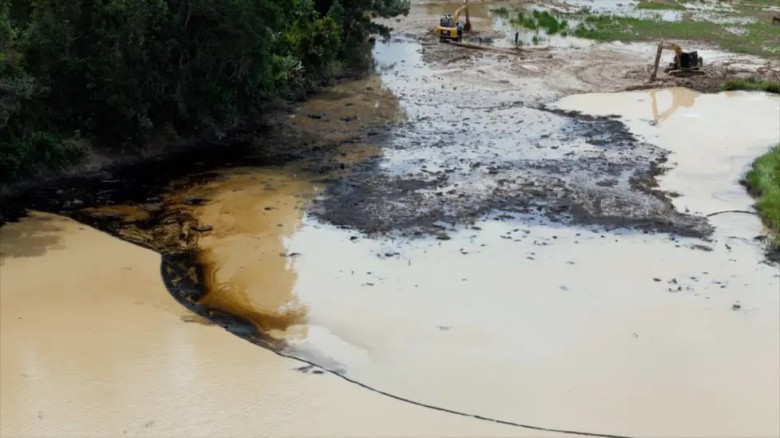
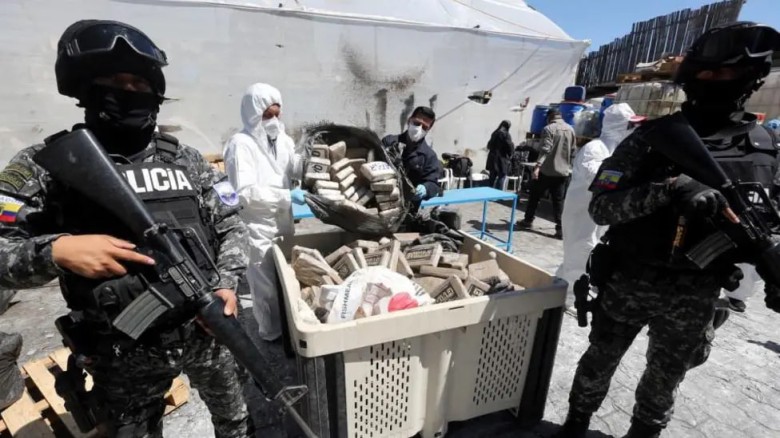
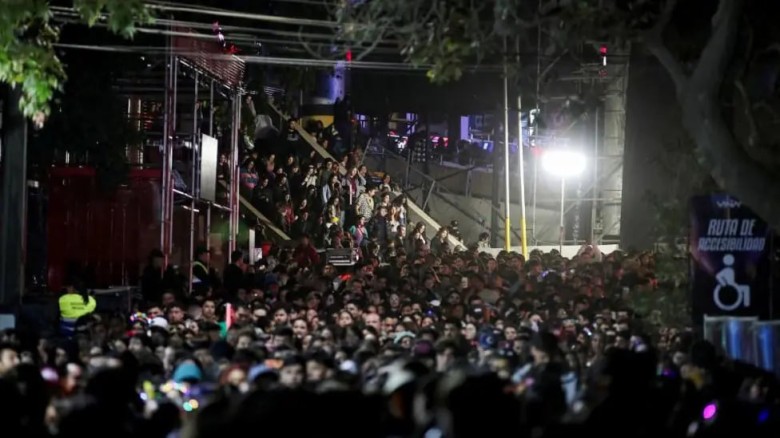






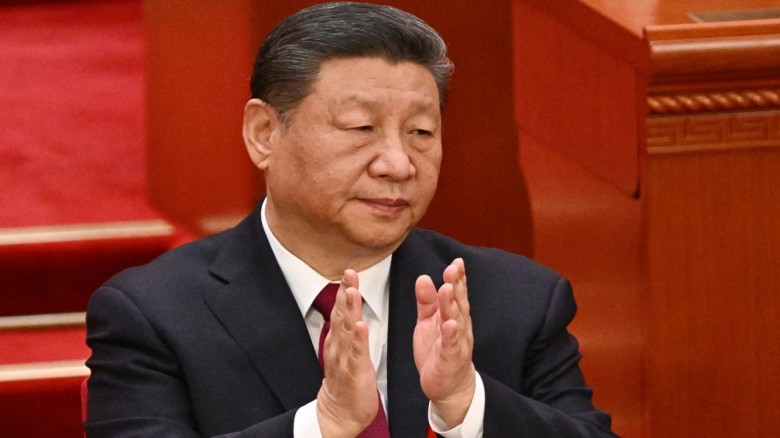
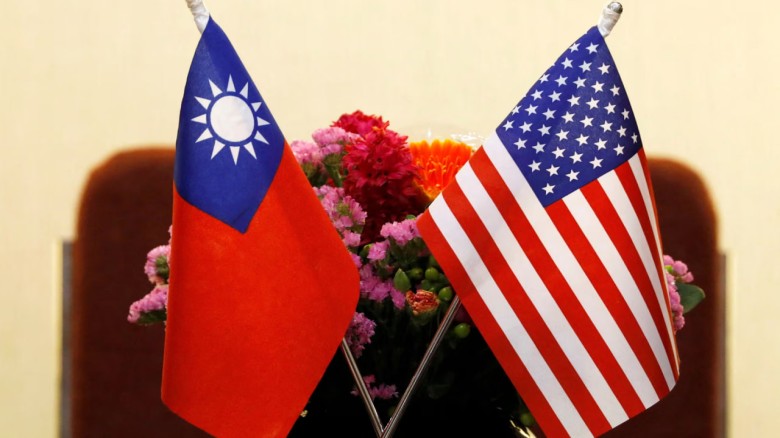

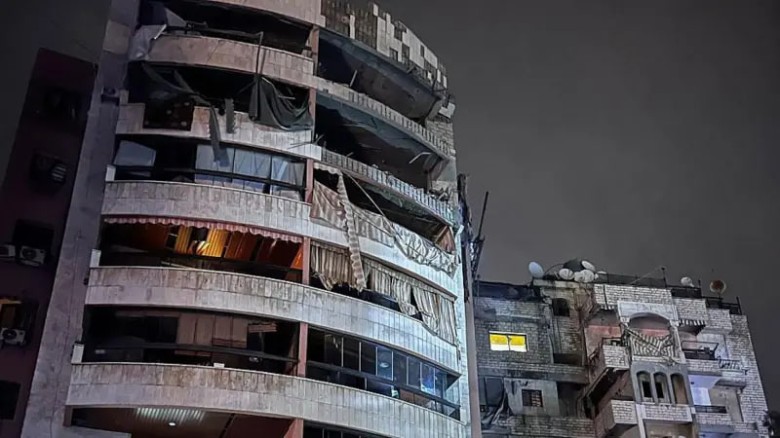
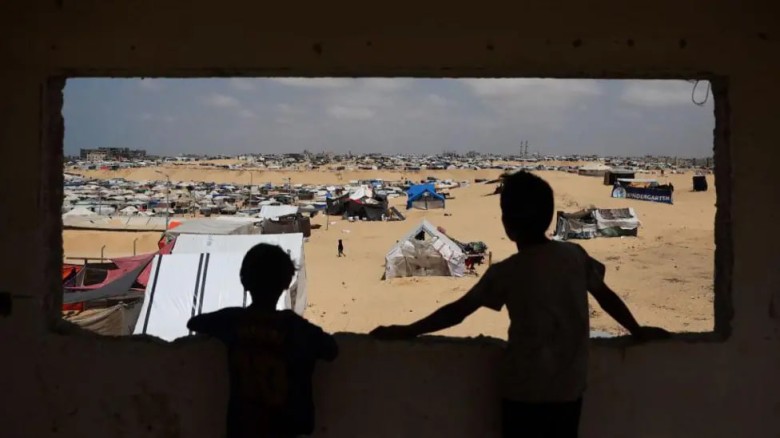
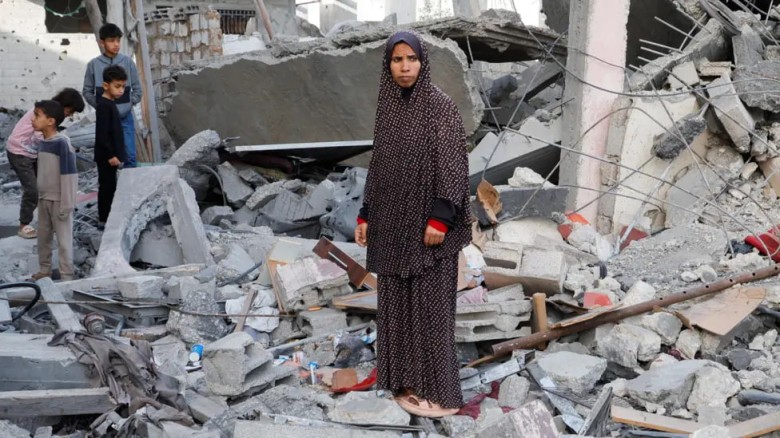
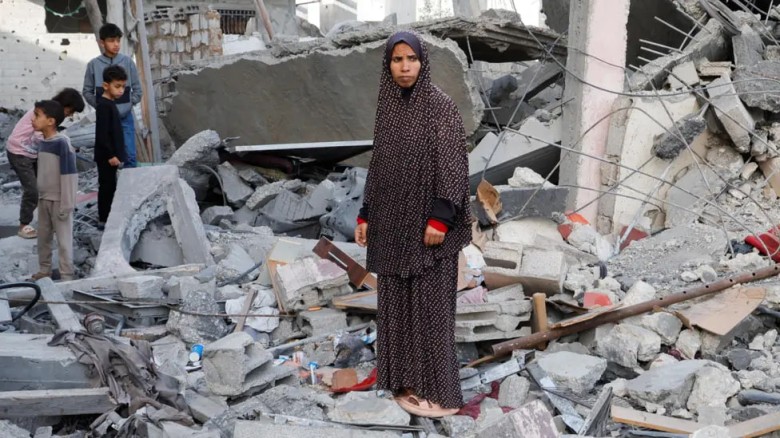


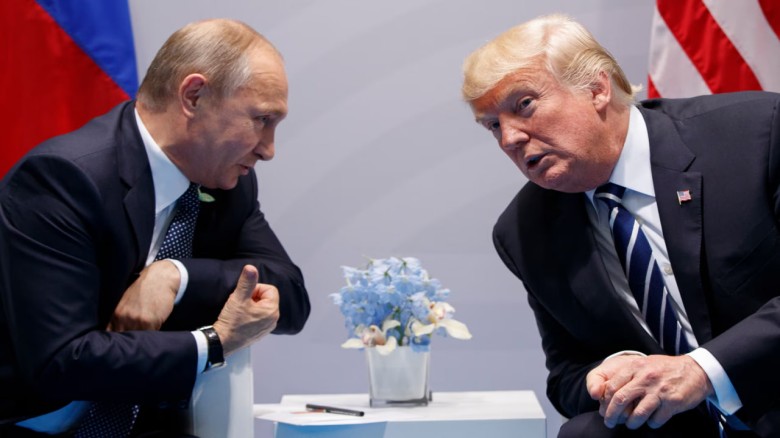
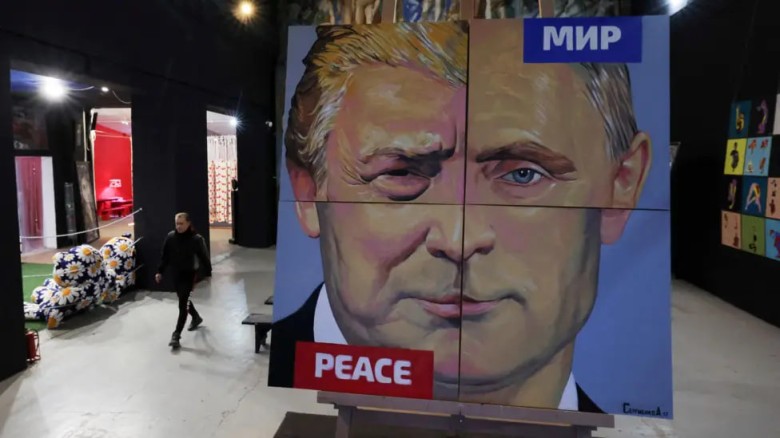




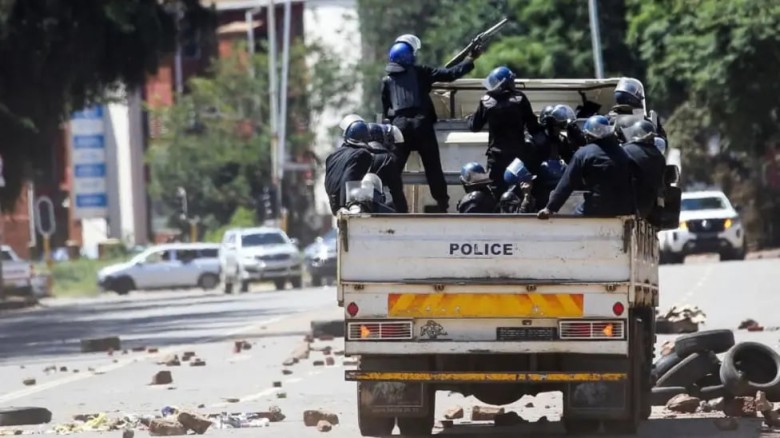
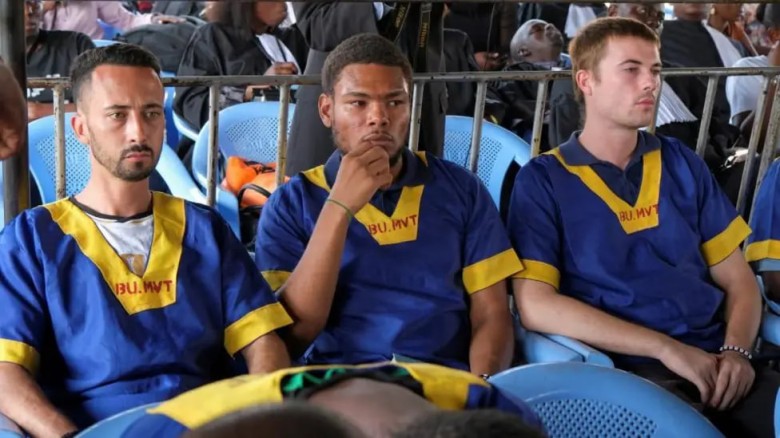















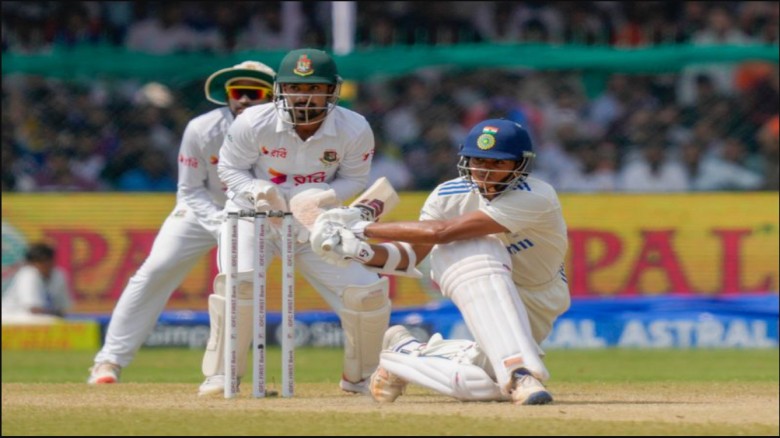
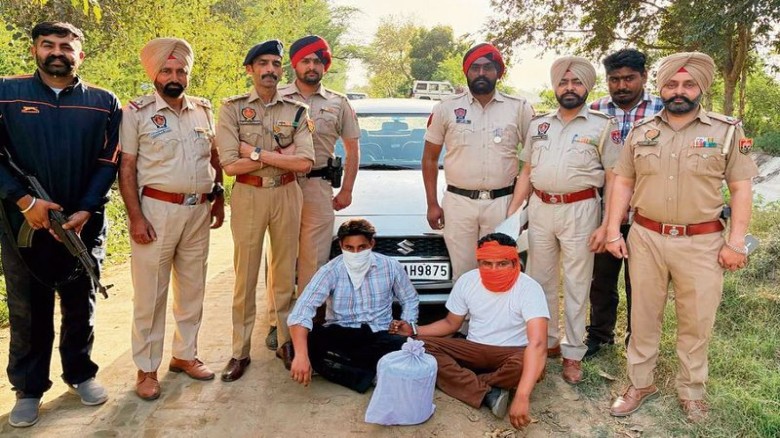


Leave A Comment